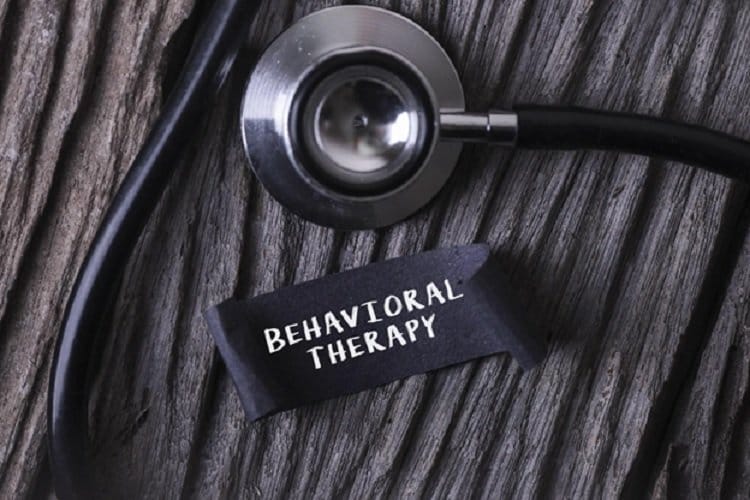Cognitive behavioral therapy treatment, or CBT, is a modality that is used extensively in addiction treatment and with much success. CBT is designed to identify and modify the negative thoughts and behaviors that lead to a person abusing drugs or alcohol and act as a catalyst for change to overcome them.
The Benefits of Cognitive Behavioral Therapy Treatment
A common characteristic of addiction is for individuals to be trapped in a cycle of negative and destructive thinking. Because people are generally unaware of quite how harmful negative energy can be on their psyche, some feel they need to turn to substances to lessen them. However, this process leads them further into a downward spiral of addiction as substances fuel these negative thoughts which in turn lead to them using progressively more.

CBT addresses the root cause of a person’s negative thought processes by encouraging them to express how they feel about their lives, the people in them and their perception of the future. Unraveling the damaging attitudes an addict has developed through the confusion caused by addiction can give them the clarity they need to adapt the way they think.
Cognition has a direct impact on everyone’s wellbeing and CBT empowers them to regulate distressing emotions and harmful behavior by learning new ways of thinking and behaving in response to triggers for substance abuse.
In general, cognitive behavioral therapy treatment provides the following benefits to patients in addiction treatment:
- Allows them to explore the behavior patterns that lead to destructive actions and the underlying beliefs that direct these events.
- Identifies harmful thought patterns that have prevailed in the addict’s life as a consequence of substance abuse and seeks to alter them.
- Homework assignments to encourage further research into addiction illness and promote a better understanding of the patient’s condition.
- CBT can be delivered in both individual and group therapy sessions.
- Assists patients in formulating coping strategies that are relevant to their personal circumstances.
- Encourages patients to find ways of replacing negative behaviors with positive actions.
CBT and Dual Diagnosis Patients
Many people suffering from substance use disorder are also dealing with a co-occurring or pre-existing mental health condition and these patients are known as dual diagnosis. Cognitive behavioral therapy can be particularly beneficial in treating dual diagnosis patients as it directly addresses all the emotional and psychological issues presented by both addiction and mental health conditions. When someone has an addiction and a mental illness such as depression or anxiety, many of the more emotional symptoms will be common to both. In many respects, CBT provides a broad-stroke approach for dual diagnosis cases that can be highly effective when used in combination with traditional medical treatment.
Because each patient in rehab has their own perceptions of their own reality, CBT is a flexible approach that can easily be personalized for specific individuals. Other positive benefits of CBT include:
- Unlearning negative behaviors to allow people who have discovered drugs or alcohol make them “feel better” to learn how to enjoy life to the full without them.
- The immersive nature of CBT which involves a significant amount of individual therapy and homework assignments delivers an intensive treatment approach.
- Patients are encouraged and guided to set personal goals and progress is monitored in achieving them, which leads to empowered thinking and more appropriate behaviors.
- Cognitive behavioral therapy programs equip patients with their own unique set of tools to allow them to determine their own responses in difficult situations. It does not stipulate how someone should feel or act in any given situation.
- Rational thinking is promoted and often replaces chaotic thought patterns that are a common characteristic of addiction.
- CBT provides patients with clarity so that they are able to make informed and rational choices in recovery.
Who Can Benefit From Cognitive Behavioral Therapy?
CBT has been shown by research to be extremely effective in the treatment of many types of mental illness including addiction. According to the National Institutes of Health CBT is most effective when used in combination with other therapies such as family, individual or group counseling. As discussed above, CBT is particularly beneficial for dual diagnosis patients but can be equally effective for people dealing with one chronic condition on its own.
When someone has become addicted to substances, they often lose track of their identity to the extent that they are no longer in control of their thoughts and feelings. This is a characteristic that is shared with several other mental health conditions including anxiety, depression, schizophrenia and trauma disorders. In essence, CBT can be of enormous benefit to anyone who needs to adapt the way they view the world and respond to the people around them in order to overcome their illness.

